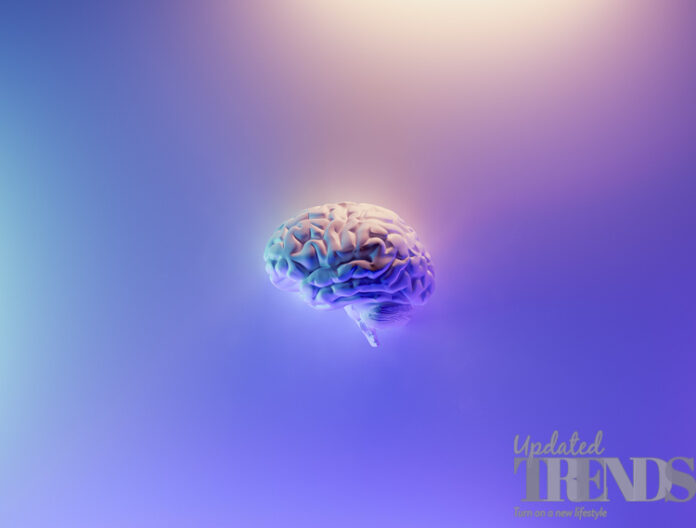The COVID-19 was declared as a pandemic by the World health Organization in 2020 and since then it has been nearly three years. Ever since then, people across the globe have been trying to get their hands on the coronavirus vaccines to contain the virus. Things have now started to unwind as since a few months, many people might have started to skip wearing masks at many places and might also have started to depend less on sanitizers. However, researchers continue to spend time to find more about how the virus might affect. A new study has revealed that people who suffer from severe COVID may cause their brain to age faster.
Researchers analyzed nearly dozens of post mortem brain samples and found that severe COVID was associated with a few changes in the brain that were close to what is seen in old age. Brain changes were noticed by analysts in terms of gene activity which was more prominent in the individuals who had severe COVID-19 that the ones who were uninfected, who have been in the intensive care unit or have been put on ventilators that supported them to breathe. The new study has been published in Nature Aging.
The recent publication has joined the number of studies that narrate about the effects of COVID-19 on the brain. Marianna Bugiani, a Neuropathologist at Amsterdam University Medical Centres said that the recent study has raised many questions which are important for understanding the infection as well as important for preparing the society for what the consequences of the pandemic would be. Bugiani also said that such consequences might not be clear for many years.
The study was conducted by Maria Mavrikaki, who is a neurobiologist at Beth Israel Deaconess Medical Centre in Boston, Massachusetts nearly two years back. She had gone through a preprint that was published and mentioned about cognitive decline post COVID. Mavrikaki followed the study to find changes in the brain.
Photo Credits: Unsplash











